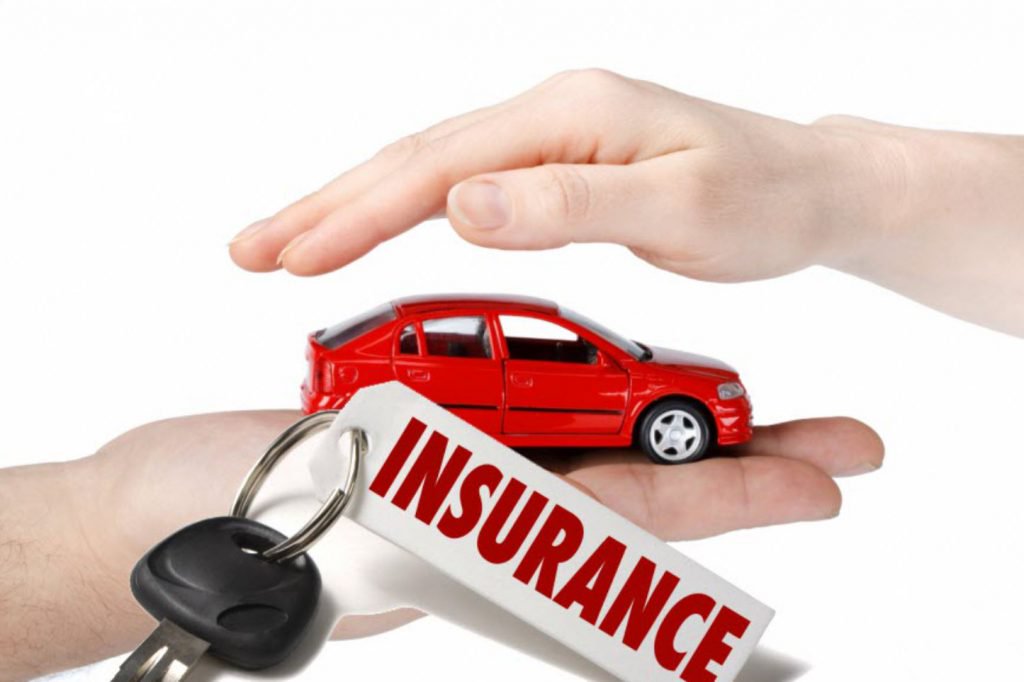🚗 What Is Car Insurance and How Does It Work?
Car insurance is a contractual agreement between you and your insurer. In exchange for regular premiums, your provider helps cover certain car-related losses like accidents or damage. The scope of what’s covered depends on your policy. Every driver must carry a minimum amount of coverage, which varies by state.
📄 Types of Car Insurance Policies
Liability Coverage – Pays for damages and injuries to others when you’re at fault.
Collision Coverage – Pays for damage to your vehicle caused by a crash, regardless of fault.
Comprehensive Coverage – Covers theft, vandalism, and natural disasters.
Uninsured/Underinsured Motorist Coverage – Helps if you’re hit by someone with no or insufficient insurance.
Personal Injury Protection (PIP) – Covers medical expenses for you and your passengers.
Understanding which of these apply to your policy will help you determine when repairs are covered.
🧾 When Does Insurance Cover Car Repairs?
🚧 Accidents Caused by Another Driver
If you’re involved in a not-at-fault accident, the at-fault driver’s liability insurance should cover the cost of repairs. You may need to work with their insurer or let your own handle it and seek reimbursement.
🛑 Accidents You Caused
When you’re at fault, collision coverage kicks in—assuming you have it. It pays for repairs to your vehicle after you pay your deductible.
🕵️♂️ Vandalism, Theft, or Weather Damage
Comprehensive insurance covers non-collision events such as:
Broken windows from theft
Damage from a hailstorm
A fallen tree branch
Keying or graffiti
If you only carry liability coverage, these are not covered.
⚙️ Mechanical Failures and Wear-and-Tear
Most insurance policies do not cover standard wear-and-tear or mechanical breakdowns. For these, you may need an extended warranty or mechanical breakdown insurance (MBI).
🔍 Collision vs. Comprehensive Coverage
🔨 What Is Collision Insurance?
This optional policy helps repair or replace your car if it’s damaged in:
Crashes with another car
Single-car accidents (e.g., hitting a pole)
Rollovers
It’s essential for newer or financed vehicles.
🌪️ What Is Comprehensive Insurance?
Comprehensive covers risks outside of collisions, such as:
Fire
Vandalism
Flood
Animal collisions
This type of coverage is often required by lenders when financing a car.
🚫 Situations Where Repairs Are NOT Covered
🔧 Wear and Tear or Mechanical Breakdown
Routine issues like oil changes, worn brakes, or blown engines due to old age are generally not covered. Insurance is not a substitute for regular maintenance.
🚫 Driving Without a Valid License or Insurance
If you’re driving illegally or outside your policy’s rules, your insurer may deny your claim entirely.
🚚 Using Car for Commercial Purposes
Using your personal car for commercial use (like food delivery or rideshare driving) without proper endorsements can void repair coverage.
💰 Deductibles and Repair Limits
📉 How Deductibles Affect Claims
A deductible is the amount you pay out of pocket before your insurer covers the rest. For example:
| Repair Cost | Deductible | Insurer Pays |
|---|---|---|
| $2,000 | $500 | $1,500 |
Choosing a higher deductible lowers your premiums but means more out-of-pocket costs at repair time.
🛠️ Limits of Coverage and Repair Costs
Policies have maximum payouts. If your repair cost exceeds the car’s value, it may be declared a total loss and you’ll receive a check for its actual cash value instead.
📝 The Car Insurance Claims Process
✅ Steps to File a Car Insurance Claim
Report the accident to your insurer.
Document damage with photos.
File a police report if needed.
Get a repair estimate.
Wait for approval before starting repairs.
📑 What Insurers Need to Approve Repairs
Insurers often require:
Official damage assessments
Police reports (if applicable)
Proof of loss forms
Delays happen when paperwork is incomplete or if liability is disputed.
🏪 Repair Shop Options and Approvals
🛠️ Can You Choose Your Own Mechanic?
Most states allow you to pick your own repair shop, though insurers may recommend preferred providers. Choosing your own may slow down the claim if there are pricing disagreements.
🧾 Direct Repair Programs (DRPs)
These are insurer-approved shops that guarantee faster service, pre-negotiated pricing, and seamless communication with your insurer.
🙋♀️ FAQs About Car Insurance and Repairs
1. Will insurance cover engine failure?
Usually not, unless the failure was caused by a covered event like a fire or collision.
2. Does insurance cover rental cars during repair?
Only if your policy includes rental reimbursement coverage.
3. Can I get repairs done before filing a claim?
You can, but it’s risky. Insurers might deny your claim if they can’t inspect the original damage.
4. Do I have to pay a deductible if I’m not at fault?
Not usually, but you might need to initially and then get reimbursed once fault is settled.
5. Is hail damage covered by insurance?
Yes, but only under comprehensive coverage.
6. Can my rates go up after filing a claim?
Yes, particularly if you were at fault or file multiple claims.

